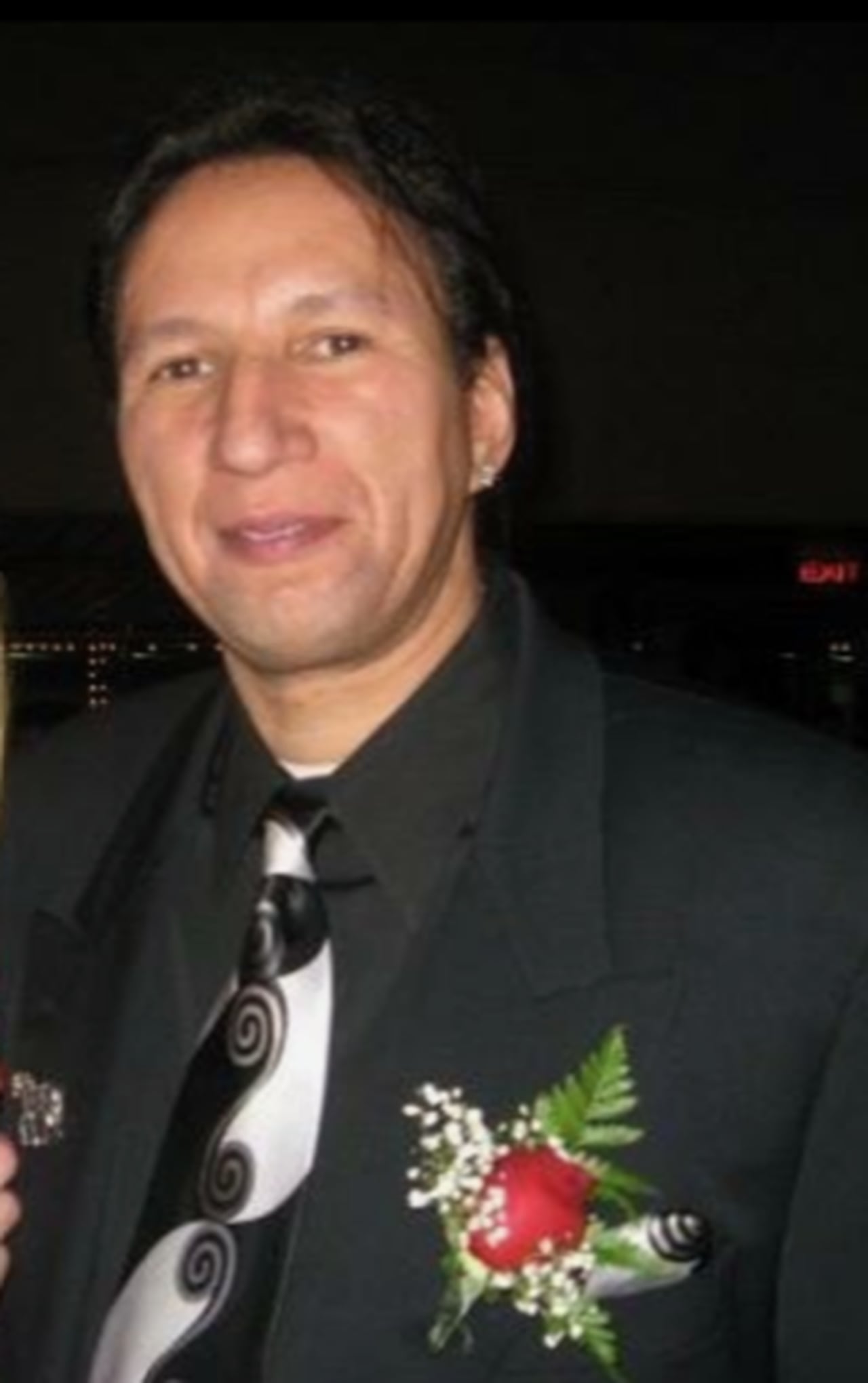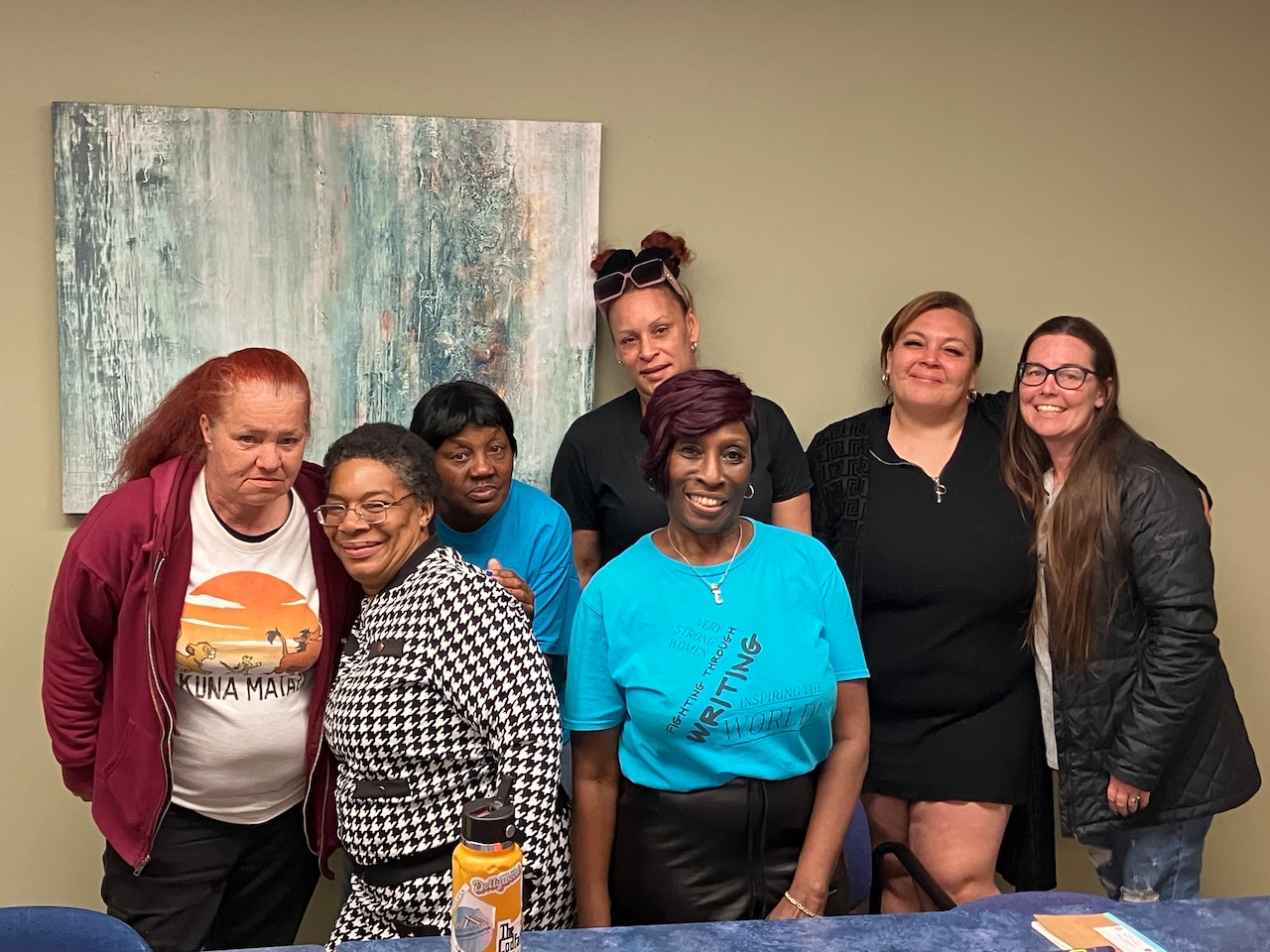In recognition of Native American Heritage Month in November, MassLive asked readers to identify people who are leaders from the Indigenous community throughout the state, working to make a difference in their own area of interest, be it politics, education, business or the arts.
MassLive will publish profiles of these leaders through November. These are people our readers have identified as inspirational, who may be doing good acts for their communities. They are being recognized for their accomplishments, leadership and commitment to inspire change.

Courtesy of Troy Phillips.Troy Phillips
Age: 62
Community: Seekonk
His story: When he was young, Troy Phillips was active in demonstrating for Native American rights. Coming from the Hassanamisco Nipmuc people, he would travel to protest in Plymouth during the National Day of Mourning on Thanksgiving — a yearly reminder of the genocide that Native Americans faced at the hands of white settlers.
His work started in 2000 when he entered politics as part of the the Massachusetts Commission on Indian Affairs. He took what was a long-vacant position serving Western Massachusetts, and “at that time there was very little representation for Native Americans in that part of the state,” he said to MassLive.
He became a commissioner and a chairperson on the commission, in a role where he serves tribal peoples as well as tribal organizations. Phillips currently serves as the sub-chief, tribal council member and member of the Medicine Society of the Nipmuc Tribe.
Phillips has given talks focused on his community a local matters, including one on land acknowledgments in August 2023, according to the Hassanamisco Nipmuc Band’s website. This recent webinar was part of a series called “Knowing Nipmuc: Building Relationships Between Nipmuc People and Organizations.” The series promoted the band’s history while also helping those within the tribe searching for work within their community, “interact more confidently with the public or for their own edification.”
“Many organizations hoping to meet their diversity and inclusion metrics seek information from our tribe, often in an extractive process,” according to the series’ description. “The tribe’s current policy is to first develop a reciprocal relationship with organizations that seek our assistance. This webinar series will set clear standards and guidelines for organizations interested in interacting with our tribe.”
In his words: “In order to be in the work I do, you must have real dedication and passion to serve the people because it comes with so much resistance. But in the end, it brings success, love and accomplishment.”
We’re always open to hear about more inspiring people. If you’d like to suggest someone else who should be recognized, please fill out this form.






